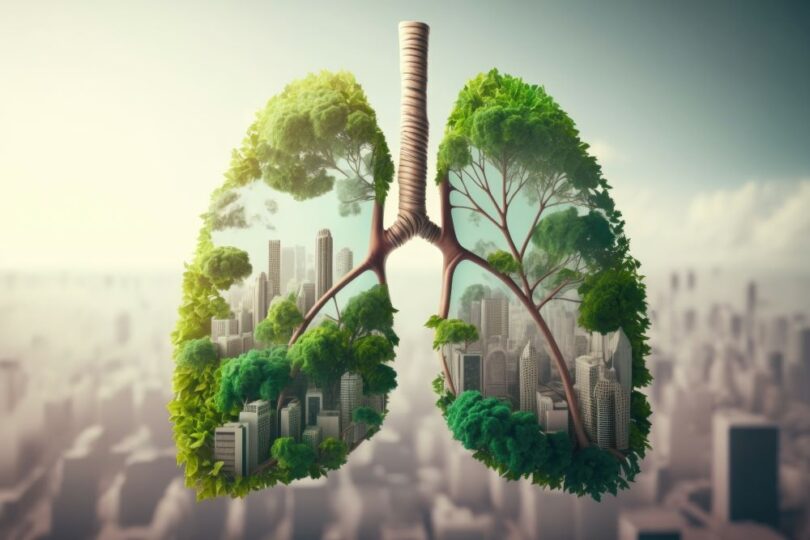The profound implications of climate change on global health have never been clearer than in the contemporary discussions, such as those at the Conference of the Parties (COP28). It’s a domain where science and policy converge, seeking pivotal solutions that go beyond academia’s walls into the real world where the impact is felt most. Here’s what we learned from the latest deliberations and studies tackling the juncture of healthcare and our changing climate.
Understanding the Full Spectrum of Climate Impact on Health
The consensus at COP28 was unequivocal: extreme weather events spurred by climate change are a rampant threat to public health. The governments of 120 countries inked a declaration recognising this as a forefront concern. It’s a major stride towards acknowledging the scale of climate-related health risks and the critical need for systematic action.
The UK’s National Health Service (NHS) epitomises this realisation in its approach to achieving net zero healthcare. One of its strategies includes phasing out desflurane, an anaesthetic flagged for its significant global warming potential. Moreover, large-scale NHS suppliers are now required to demonstrate a commitment to carbon reduction, guiding the industry towards a sustainable future where health and environment coalesce harmoniously.
Healthcare’s Contribution to Climate Change: A Paradox
While the healthcare sector is the sentinel against global health threats, it ironically contributes a staggering 4.3% of world emissions. A Unitaid study analysing ten health product categories proposed a compelling notion: these climatic impacts could be reduced by 40% with minimal impact on production costs. It’s an intersectional dilemma where the saviour of lives must recalibrate its practices to prevent further health crises generated by climate change.

Healthcare’s Contribution to Climate Change
Climate Change Exacerbating Health Crises in Africa
In Africa, the nexus of climate change and health is starkly illustrated by the surge of Cholera, notably tied to climatic adversities by the Centers for Disease Control and Prevention. Catastrophic floods curtailed access to clean water and adequate sanitation, crippling already-taxed health systems across regions like the DRC and southern Africa. This direct correlation between environmental factors and health emergencies underscores the dire need for climate-adapted healthcare infrastructures.
The Grim Projection of Climate-Induced Mortality
Colin Carson’s work in climate epidemiology injects a harrowing detail into the climate-health discourse. His applications of attribution science estimate a cumulative death toll surpassing 4 million by 2024 due to climate change specifics. His analysis is a clarion call for more significant investments than the current $143 million in climate adaptation funds dedicated to health—an investment that currently pales in comparison to the burgeoning need.
Learning From the Past: Climate and Health in History
A historical lens reveals patterns difficult to dismiss. A study examining ancient plagues during the Roman Empire suggests that climate episodes may have instigated pandemics through societal disruptions. This conjunction of climate and health has seemingly shaped human history, delivering lessons still pertinent as we navigate present challenges.
The Need for Action Is Now
The intersection of healthcare and climate change is a complex web of causes and effects—a challenge demanding cohesive and urgent responses at individual, community, national, and global levels. As the UK’s NHS demonstrates, it starts with the courage to envision a healthcare system harmonised with environmental sustainability.
The ongoing dialogue and actions stemming from forums like COP28, alongside insightful studies and evidence from both present and past, are crucial in shaping policies and practices. While the path is uncharted and daunting, the direction is unmistakable. The future of healthcare must be founded upon an ecological bedrock, resilient and responsive to the climate realities shaping our world. Only through collective resolve and innovative solutions can we hope to mitigate the health casualties of climate change and fortify our global health systems for the coming generations.
As we stand at the crossroad where healthcare intersects with climate change, a reflective gaze into history coupled with contemporary data leads to an inescapable truth: our health is inextricably linked to the planet’s well-being. It is time to act, adapt, and secure our future against the backdrop of a changing climate, ensuring our collective health does not become collateral damage in the unfolding environmental saga.







